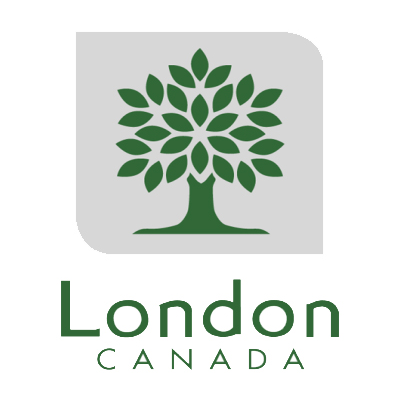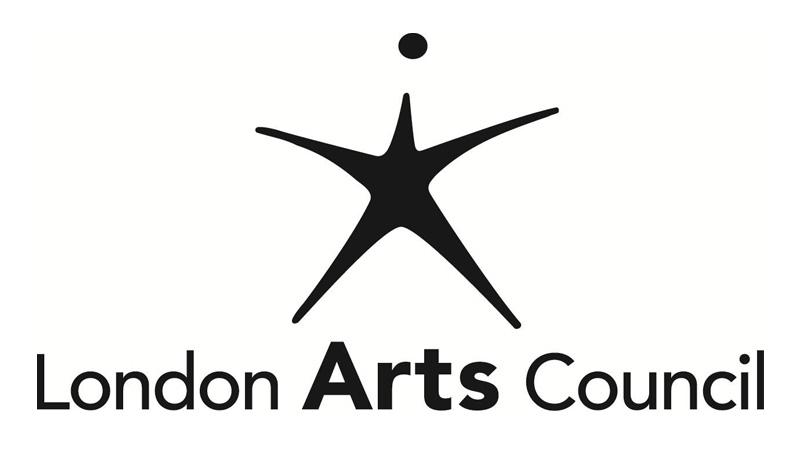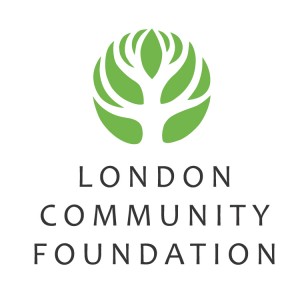Svend Robinson (1952- )
Svend Robinson was a British Columbia Member of Parliament from 1979 to 2004. In 1988 he publicly announced he was gay during a TV interview and became the first member of Parliament to openly identify as gay. In and outside of 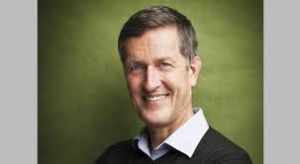 Parliament, Robinson has advocated for environmental protection, LGBTQ2 rights and mental health. Robinson grew up and attended school in Burnaby, BC and his parents who moved to Canada because of opposition towards the Vietnam War, influenced his passion for social justice. He studied science and law at the University of British Columbia and then did post graduate work at the London School of Economics.
Parliament, Robinson has advocated for environmental protection, LGBTQ2 rights and mental health. Robinson grew up and attended school in Burnaby, BC and his parents who moved to Canada because of opposition towards the Vietnam War, influenced his passion for social justice. He studied science and law at the University of British Columbia and then did post graduate work at the London School of Economics.
Svend Robinson was elected to the House of Commons as the NDP Member of Parliament for Burnaby BC in May 1979. He was known for his strong stances on foreign policies, being an advocate for LGBTQ2+ rights and putting a focus on climate change. In 2003, he successfully championed a bill to see sexual orientation protected by federal hate crimes legislation, just like ethnicity, race, religion etc were included. Robinson was also part of an advisory panel that helped with Prime Minister Justin Trudeau’s 2017 apology to gay and lesbian civil servants and military members. Svend was also a very devout environmentalist, being involved in many protests, including including peaceful civil disobedience to block logging at Lyell Island in Haida Gwaii (1985), for which he was fined $750. His activism for the environment was recognized with his adoption into the Haida Nation where he was presented with the name Tethundas or “White Swan.”
Link: https://www.queerevents.ca/canada/pride/history
https://www.thecanadianencyclopedia.ca/en/article/svend-robinson
Jeremy Dias
Jeremy Dias is the founder of the Candian Centre for Gender and Sexual Diversity (founded in 2002). The organisation’s goal is to encourage tolerance in schools, in the classroom and the workplace. They do this through training and using initiatives such as the International Day of Pink. With 15 staff members and 250 youth volunteers, the Centre is helped to engage 75 000 people a year.
Dias was born in Edmonton (1983) and grew up there until he and his family moved to Sault Ste. Marie. At his new high 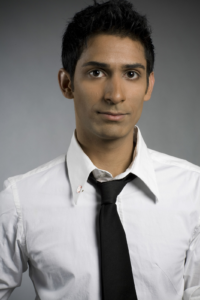 school, he came out and was subsequently beaten and bullied on a regular basis. He tried to start an LGBTQ social club at his school, but when he wasn’t allowed to do so, Jeremy Dias took the Algoma District School Boards to the Ontario Human Rights Commission. Three years later, Dias won the case and received $5,000 from the school board. He used the money to found the Jeremy Dias Scholarship. The scholarship is for youth working and advocating to stop bullying, homophobia, transphobia and discrimination in their schools. After Dias put this in place, he received many messages from young people across Canada expressing the need for more support. In 2005 when he was only 22, Dias established Jer’s Vision: Canada’s Youth Diversity Initiative, which in 2015 became the Canadian Centre of Gender and Sexual Diversity. Dias’s goal is to engage youth in dialogue about diversity, inclusion and respect.
school, he came out and was subsequently beaten and bullied on a regular basis. He tried to start an LGBTQ social club at his school, but when he wasn’t allowed to do so, Jeremy Dias took the Algoma District School Boards to the Ontario Human Rights Commission. Three years later, Dias won the case and received $5,000 from the school board. He used the money to found the Jeremy Dias Scholarship. The scholarship is for youth working and advocating to stop bullying, homophobia, transphobia and discrimination in their schools. After Dias put this in place, he received many messages from young people across Canada expressing the need for more support. In 2005 when he was only 22, Dias established Jer’s Vision: Canada’s Youth Diversity Initiative, which in 2015 became the Canadian Centre of Gender and Sexual Diversity. Dias’s goal is to engage youth in dialogue about diversity, inclusion and respect.
In 2013, he received the Queen Elizabteh Diamond Jubilee Medal for his promotion of acceptance and inclusiveness between the heterosexual communities and communities of diverse sexual orientations and gender identities. “When I was 13, I was holding hands with a boy and these guys called us fags. With the help of Google, I figured out I was gay. It wasn’t something I could talk about with my parents or teachers. Actually, I remember one of my teachers saying lesbians and gays get cancer because they don’t have children. We have a lot of work to do to let people at all levels know why it’s okay to be diverse.”- Jeremy Dias
Candian Centre for Gender and Sexual Diversity Website: https://ccgsd-ccdgs.org/about/ourstory/
Source: https://sttpcanada.ctf-fce.ca/lessons/jeremy-dias/bio/
The Brunswick Four
The Brunswick Four refers to four lesbian women: Adrienne Rosen, Pat Murphy, Sue Wells and Lamar Van Dyke (formerly Heather Elizabteh Nelson) who on January 5th 1974, were thrown out of a Toronto bar. They were detained and charged which caused large public outcry at their treatment by the bar staff and police. The Brunswick Four case raised awareness about homophobia and harassment in Canada and further fueled Toronto’s growing LGBTQ2+ rights movement.
So what happened? On that night, the group attended an amateur performance night at the Brunswick House in 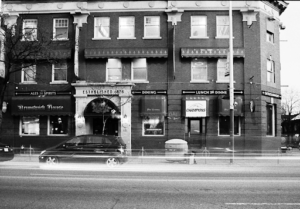 Toronto. Three of the women took to the stage to perform the parody song: “I Enjoy Being a Dyke”. They received applause from other patrons but they were then refused further service and the manager of the pub kicked them out of the bar. When they refused to leave, the manager called the police. Rosen, Murphy, Wells and Van Dyke were dragged out by eight Toronto police officers, injuring two of the ladies. They later attested that the police made inappropriate and harassing comments to them and while no charges were laid, the four women were refused their right to call a lawyer during their detention. Adrienne Rosen was punched and thrown to the ground by a police officer after refusing to leave the police station along with Murphy, Wells and Van Dyke once they were released.
Toronto. Three of the women took to the stage to perform the parody song: “I Enjoy Being a Dyke”. They received applause from other patrons but they were then refused further service and the manager of the pub kicked them out of the bar. When they refused to leave, the manager called the police. Rosen, Murphy, Wells and Van Dyke were dragged out by eight Toronto police officers, injuring two of the ladies. They later attested that the police made inappropriate and harassing comments to them and while no charges were laid, the four women were refused their right to call a lawyer during their detention. Adrienne Rosen was punched and thrown to the ground by a police officer after refusing to leave the police station along with Murphy, Wells and Van Dyke once they were released.
Subsequently, the women returned to the Brunswick House to get testimony from witnesses who might have seen the incident, but were immediately ordered to leave by the manager and the police officers on scene. They were once again removed by the bar by force and taken to the police station for several hours, where they faced abuse from the police officers, who hurled derogatory and homophobic slurs at them. This time the police pressed charges; Rosen, Murphy and Van Dyke were charged with creating a disturbance. Van Dyke was also charged with obstructing the police.
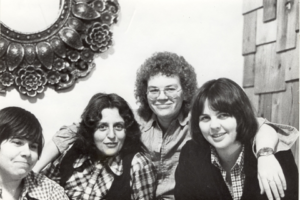 Judy LaMarsh, a Toronto Lawyer, represented the four in court because she felt outraged by the way the women were treated by the police. Toronto’s LGBTQ2+ community supported the women, holding fundraisers and attending the trial each day. All the charges were dismissed with the exception of Adrienne Rosen’s charge of creating a disturbance in which she was given a suspended sentence and placed on three months’ probation. Over the course of the trial, the full extent of the abuse they experienced at the hands of police came to light. Pat Murphy testified that she overheard one of the police officers saying that the women were “the scum of the earth and should be shot.”
Judy LaMarsh, a Toronto Lawyer, represented the four in court because she felt outraged by the way the women were treated by the police. Toronto’s LGBTQ2+ community supported the women, holding fundraisers and attending the trial each day. All the charges were dismissed with the exception of Adrienne Rosen’s charge of creating a disturbance in which she was given a suspended sentence and placed on three months’ probation. Over the course of the trial, the full extent of the abuse they experienced at the hands of police came to light. Pat Murphy testified that she overheard one of the police officers saying that the women were “the scum of the earth and should be shot.”
“The arrest and trial of the Brunswick Four took place in an era when lesbians in Canada frequently faced discrimination and harassment in public spaces. LGTBQ2+ activism was growing in Canada at that time and the Brunswick Four inspired Toronto’s LGBTQ2+ community in the ongoing fight for their rights.”- Canadian Encyclopedia
“I have heard that I was courageous. In retrospect, and in the present, it has always been an issue of basic survival – physical, emotional and spiritual. Maintaining one’s own integrity and a desire to positively influence the present societal circumstances in which I find myself and others.”
— Pat Murphy
This seven-minute mini-documentary expands on their story further: https://youtu.be/Sinp1MDQbI0
Link:https://www.thecanadianencyclopedia.ca/en/article/the-brunswick-four
Michelle Douglas
Michelle Douglas, a lesbian woman launched a lawsuit against the Canadian Armed Forces in 1990. She had been 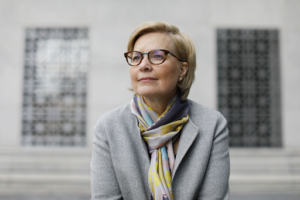 dismissed from the armed forces and her lawsuit for compensation for her dismissal and to challenge its discriminatory policy against gay and lesbian service members. The day the trial of her case was set to begin in 1992 October 27th, the armed forces agreed to settle. As a part of the settlement, the Federal Court signed a judgment granting declarations that Douglas’s section 15(1) rights had been violated. Later that day, the Chief of Defence Staff issued a statement that “Canadians regardless of their sexual orientation, will now be able to serve their country […] without restriction.”
dismissed from the armed forces and her lawsuit for compensation for her dismissal and to challenge its discriminatory policy against gay and lesbian service members. The day the trial of her case was set to begin in 1992 October 27th, the armed forces agreed to settle. As a part of the settlement, the Federal Court signed a judgment granting declarations that Douglas’s section 15(1) rights had been violated. Later that day, the Chief of Defence Staff issued a statement that “Canadians regardless of their sexual orientation, will now be able to serve their country […] without restriction.”
In this youtube link, Michelle Douglas talks about her experience, the culture and policies towards LGBT service members, her dismissal and what actions she took in response.
Link to video: https://www.youtube.com/watch?v=sDbcZxMx1_U







